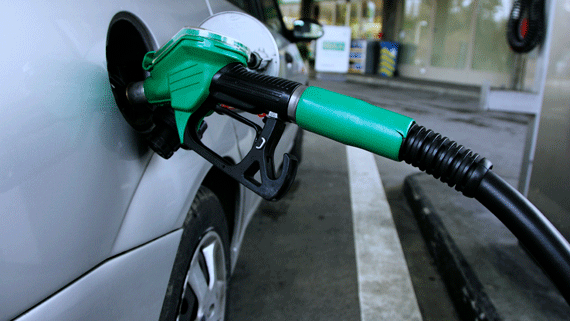
THE Zimbabwe Energy Regulatory Authority (Zera) has extended the deadline for all fuel industry players to label their petrol pumps to avoid misrepresentations to consumers by an additional week, a company executive has said.
Tarisai Mandizha Business Reporter
This follows the amendment of the energy laws by the government to give effect to mandatory blending of anhydrous ethanol with unleaded petrol and the new piece of legislation will give legal effect to the new blending policy.
Mandatory blending of anhydrous ethanol has resulted in the production of E10, E15 and E20 fuel as the government moves in to contain the import bill.
According to a statement released by Zera chief executive officer Gloria Magombo last Friday, petroleum retailers are expected to comply with the new regulations by Thursday.
“Following the commencement of E10 mandatory blending on October 24, 2013, the public is hereby advised that all petrol being sold at all retail sites in Zimbabwe should be E10 (10% ethanol and 90% unleaded petrol),” Magombo said.
“The Zimbabwe Energy Regulatory Authority has given all retail sites seven days to label their petrol pumps ‘Blend’ to avoid any misrepresentations to consumers.”
Magombo said members of the public should report to Zera any retail sites that continue to label “Unleaded Petrol” or petrol or E5 on their petrol pumps as this was in contravention of the Zera directive.
- Chamisa under fire over US$120K donation
- Mavhunga puts DeMbare into Chibuku quarterfinals
- Pension funds bet on Cabora Bassa oilfields
- Councils defy govt fire tender directive
Keep Reading
Mandatory blending of ethanol and unleaded petrol is expected to reduce the fuel import bill by at least 5%, according to the government.
Zimbabwe imports all of its fuel mostly through Mozambique, Botswana and South Africa.
The $600 million Green Fuel ethanol project resumed production of anhydrous ethanol for blending with unleaded petrol in August this year at its plant in Chisumbanje, two years after it went idle as the government contested its ownership structures.
The production of ethanol at the plant was stopped in February 2011 over the company’s shareholding structure which was not in line with the country’s indigenisation laws.










